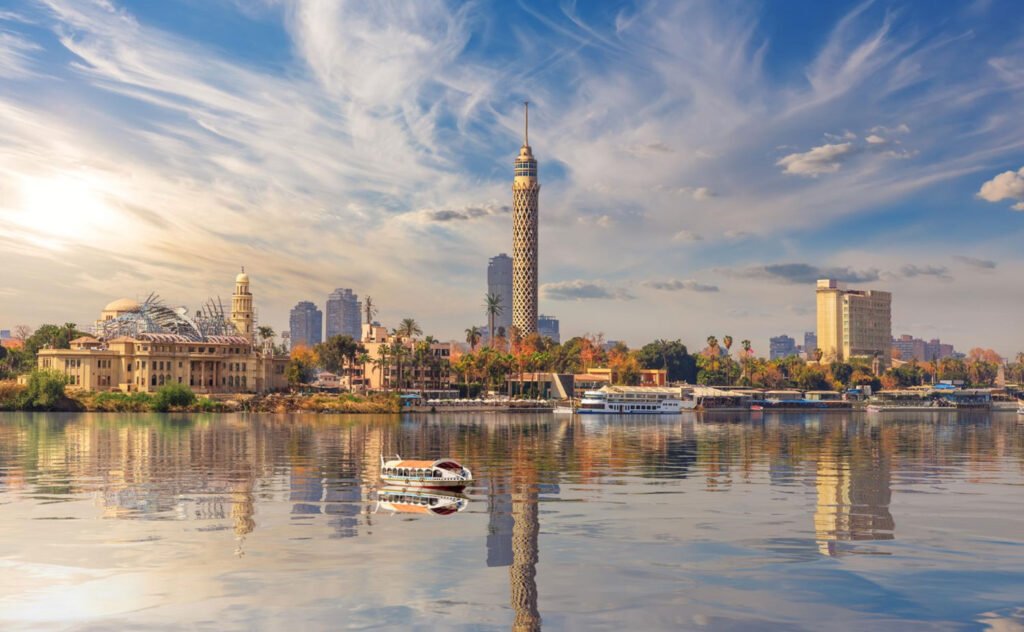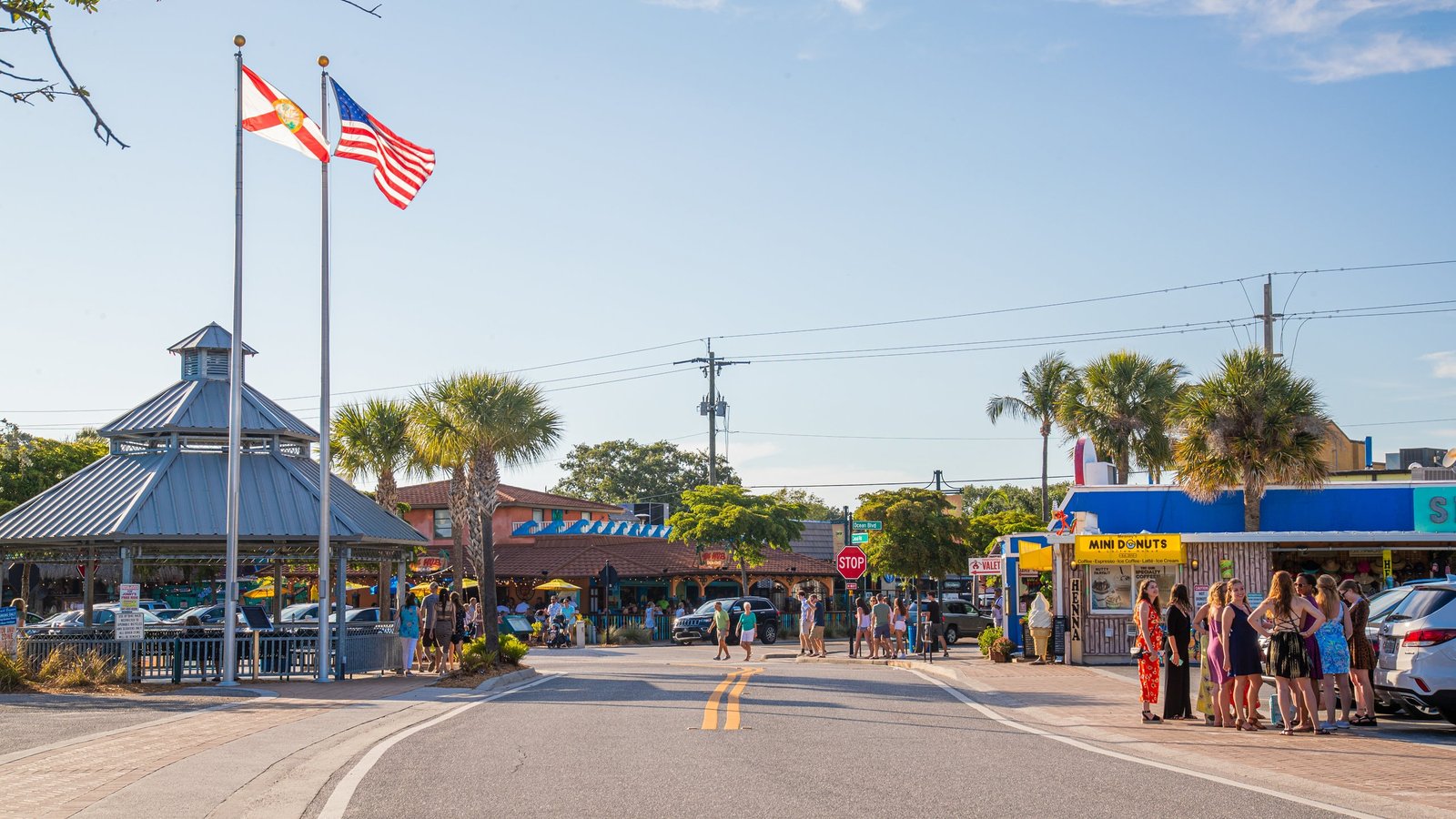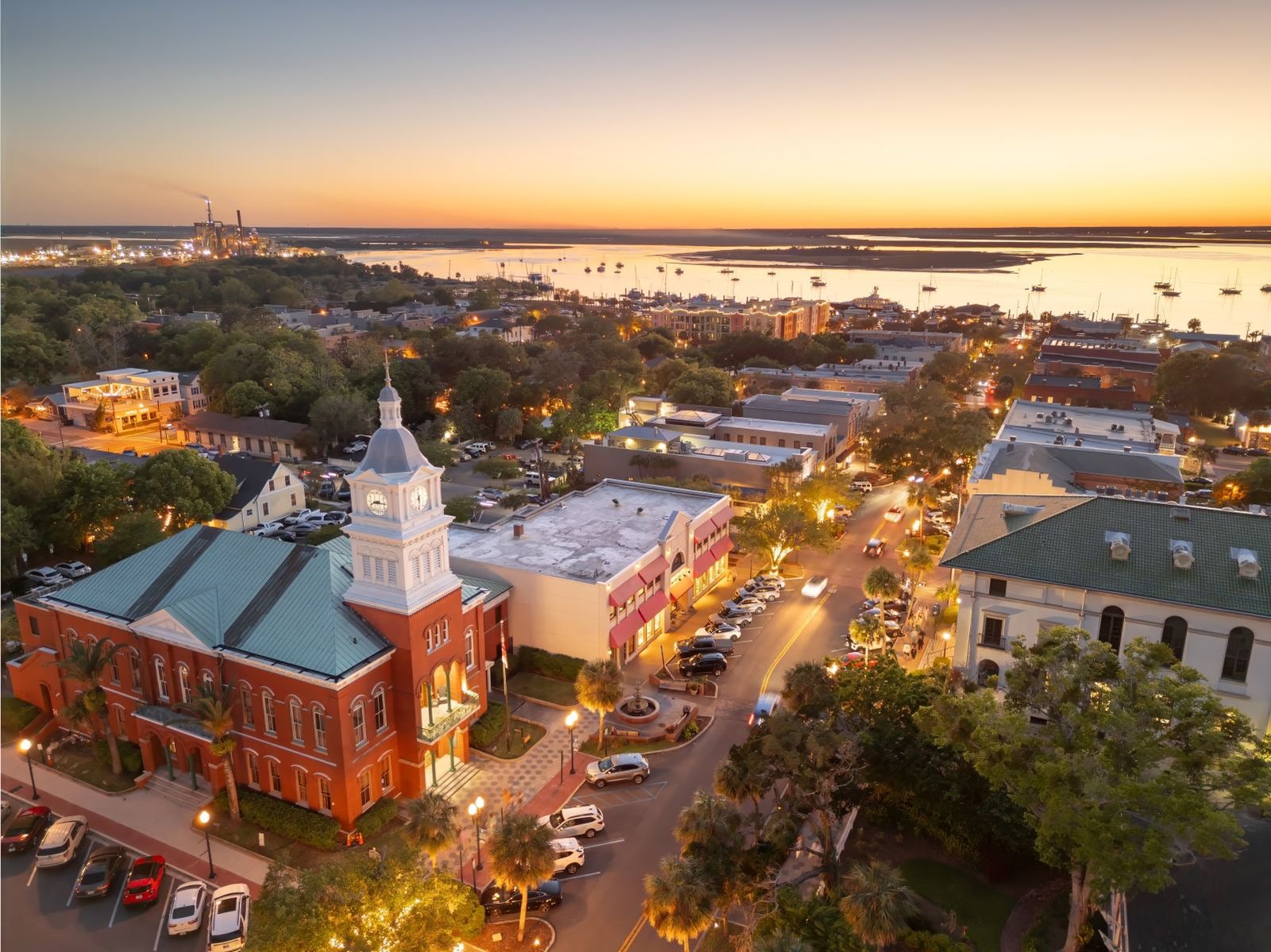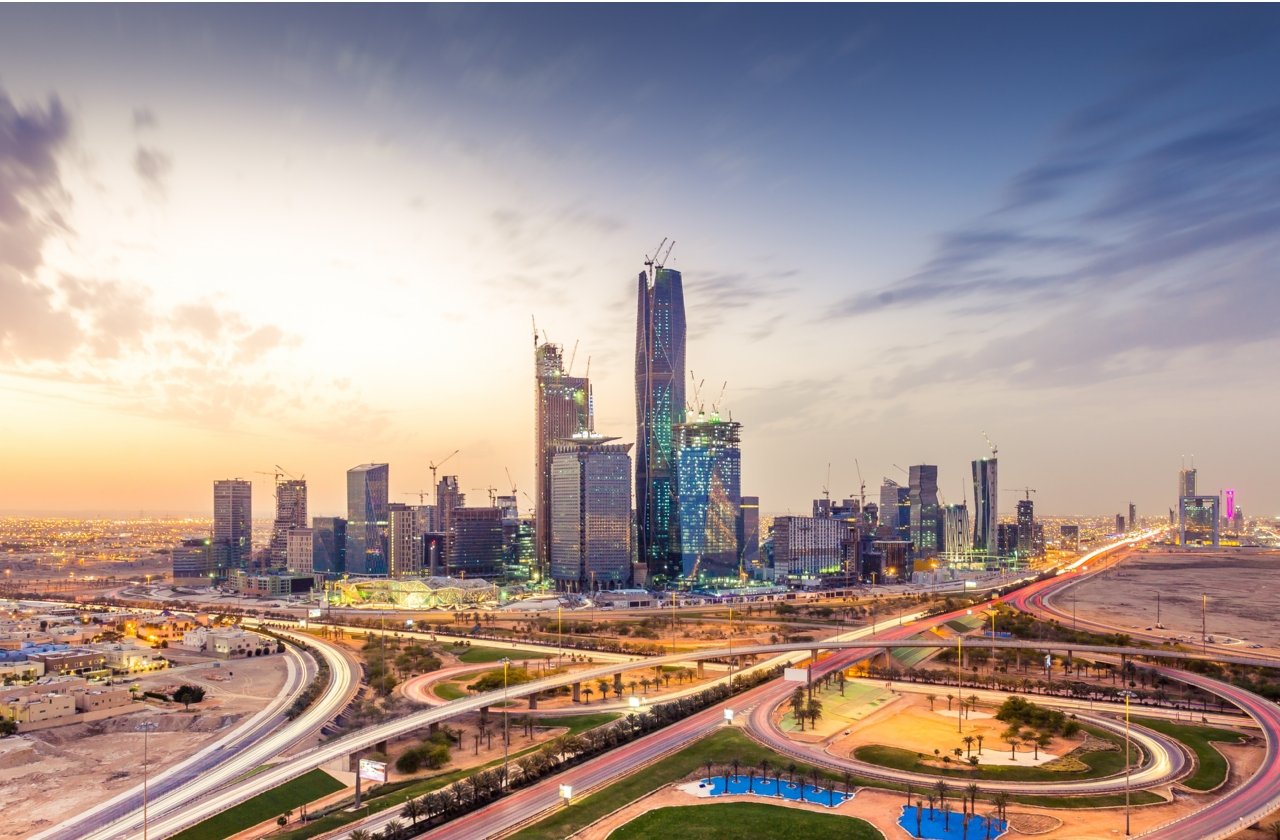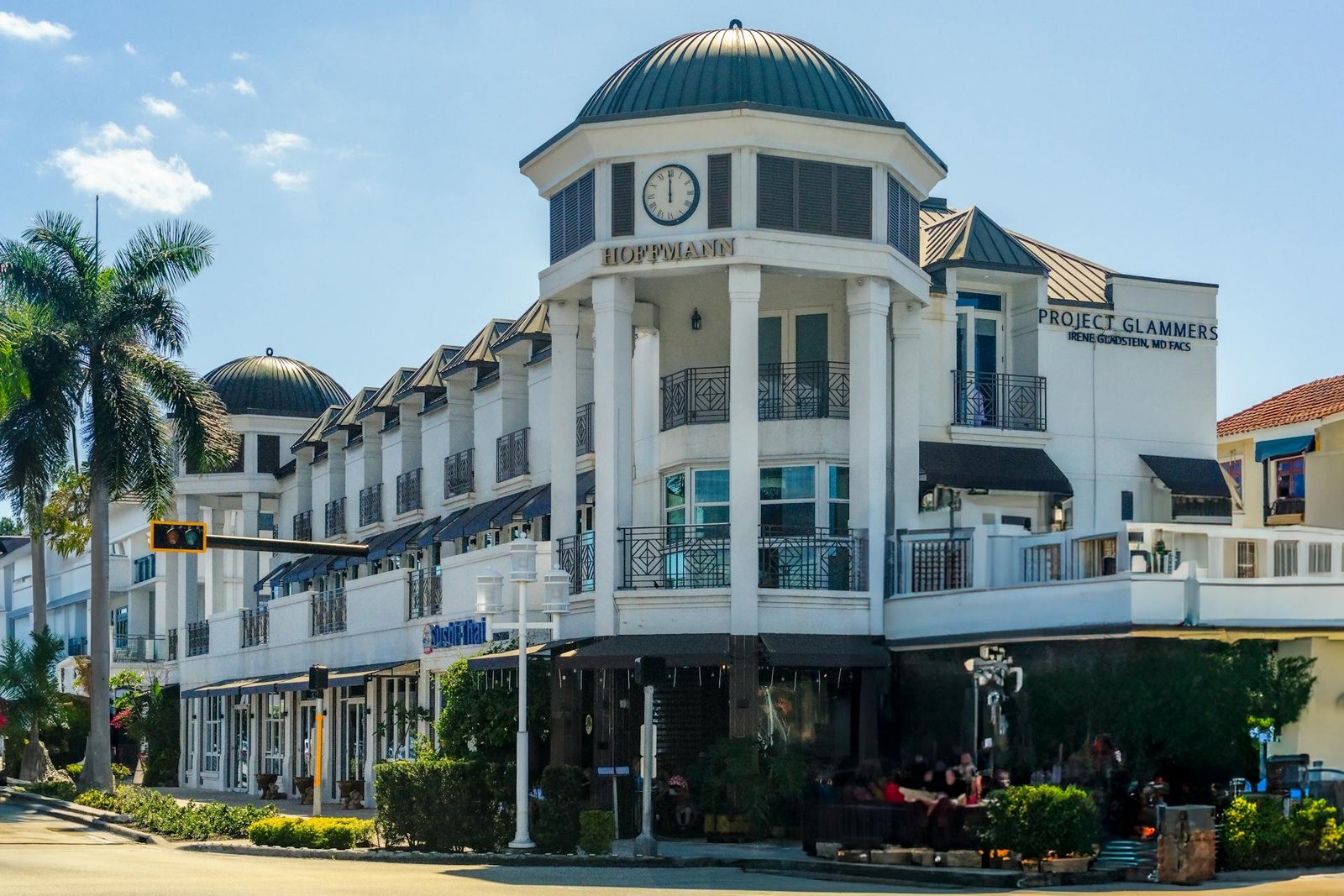As someone who grew up in Egypt and has walked its markets, wandered its malls, and chatted with its street vendors more times than I can count, I can confidently say: shopping in Egypt isn’t just about buying things — it’s about experiencing the country itself.
From the energy of Khan El Khalili to the dazzling lights of Mall of Egypt, shopping in Egypt offers one of the most diverse and authentic experiences in the region. You’ll find a mix of traditional souks, luxury fashion outlets, local crafts, and everything in between — and I’ve explored them all firsthand.
This guide is more than a list of stores — it’s a local’s insight. You’ll discover:
- The best cities in Egypt for shopping — from Cairo to Aswan
- Hidden gems and traditional markets that still preserve their charm
- What to buy in Egypt beyond souvenirs
- Practical tips on VAT, bargaining, currency, and more
Whether you’re visiting Egypt for the first time or returning for the tenth, this guide will help you shop smarter, deeper, and with more appreciation for what’s behind the stalls and storefronts. Because shopping in Egypt isn’t just about taking home a product — it’s about taking home a story.
Best Cities for Shopping in Egypt

One of the things I love most about Egypt is how each city offers a different shopping experience — not just in what you can buy, but how it makes you feel. Whether you’re in the mood for high-end malls, traditional markets, or handmade goods from riverside vendors, shopping in Egypt changes depending on where you are.
Here are some of the top cities to explore for shopping, based on my own travels and experiences:
Cairo – The Heart of It All
Cairo isn’t just the capital — it’s the beating heart of Egypt’s shopping scene. I’ve spent countless weekends exploring its endless variety, from mega malls to side-street souks. If you’re into luxury brands and modern shopping, Mall of Egypt, Cairo Festival City Mall, and Mall of Arabia are top-tier, offering international labels, cinema complexes, and restaurants. On the other hand, Khan El Khalili and the Al-Hussein area near Al Emam Al Hussein Mosque offer the kind of traditional, soul-filled shopping you can’t replicate anywhere else.
Whether you’re hunting for handcrafted silver, spices, or a new pair of sneakers — Cairo has it all, and often under one roof.
Suggested Read: The Ultimate Guide to Shopping in Cairo: Malls, Markets & Souvenirs
Alexandria – Where Coast Meets Culture
I always find shopping in Alexandria a bit more relaxed — maybe it’s the sea breeze or the slower pace of the city. Alongside malls like City Centre Alexandria and San Stefano Grand Plaza, you’ll find historic markets like Souk El Attarin, known for perfumes, antiques, and old-world charm. Prices here tend to be a bit more flexible than Cairo, and it’s a great place to pick up unique gifts with a Mediterranean flair.
Luxor & Aswan – For History and Handcrafts
If you’re heading south, don’t miss the shopping in Luxor and Aswan. I’ve brought back some of my favorite items from these cities — hand-carved alabaster, papyrus paintings, and Nubian textiles are just the beginning. Markets here are smaller but deeply rooted in culture, and shopkeepers are usually open to chatting about their craft. I still remember watching a man in Luxor demonstrate how real papyrus is made — I ended up buying two handmade scrolls that now hang in my office.
Red Sea Cities – Touristy But Worth Exploring
Cities like Hurghada and Sharm El Sheikh are geared toward tourists, so while prices might be a bit higher, the convenience is unbeatable. Shopping centers like Senzo Mall offer a comfortable and air-conditioned break from beach life, and there’s no shortage of shops selling beachwear, jewelry, oils, and local souvenirs. Just be prepared to haggle — it’s part of the fun here, and vendors usually expect it.
Best Shopping Malls in Egypt
If you’re more into air-conditioned strolls, global brands, and organized experiences, Egypt’s shopping malls won’t disappoint. As someone who has lived in Egypt and visited these malls regularly, I can say that each one offers something unique — whether it’s entertainment, food, or flagship international fashion.
Here are some of the best shopping malls in Egypt, especially in Cairo, where modern retail is thriving.
Mall of Egypt – 6th of October City
This one’s a favorite of mine. Mall of Egypt is a massive complex featuring brands like H&M, Zara, Massimo Dutti, and even luxury labels. But what makes it special — and honestly, still blows me away — is Ski Egypt, the first indoor snow park in Africa. If you want to go from desert heat to a snowy slope in five minutes, this is the place. Add to that VOX Cinemas, restaurants, and wide open spaces, and it’s a complete day out.
Cairo Festival City Mall – New Cairo
Located in New Cairo, Cairo Festival City Mall is one of the city’s most beautifully designed malls. I usually recommend it to anyone staying nearby because it’s got everything: fashion, tech, homeware, and even IKEA, which many locals love. The outdoor promenade area is particularly nice in the evenings — with a dancing fountain and cafés where you can relax after shopping.
Mall of Arabia – 6th of October City
This is Egypt’s largest mall, and it really feels like a city within a city. It’s an open-air concept (with shaded areas), which is great in cooler weather. You’ll find major international and Egyptian brands, along with wide walking lanes, cafés, and even a large cinema complex. I usually stop here for weekend outings — it’s lively but spacious enough to not feel crowded.
City Stars – Nasr City
One of Cairo’s oldest and most well-known malls, City Stars mall was once the icon of modern shopping in Egypt. It’s still popular, especially for locals in East Cairo. With over 750 stores, cinemas, entertainment zones, and even hotels attached to it, it’s hard not to find what you’re looking for. I’ve probably been here more times than I can count — it’s classic Cairo.
Dandy Mega Mall – Cairo-Alex Desert Road
Dandy Mall is a bit more low-key, but I always find it convenient if I’m heading out of Cairo on the Alexandria road. It’s got a relaxed vibe, decent fashion selections, and plenty of dining options. It’s less crowded, so it’s ideal if you’re looking for a calmer shopping experience.
San Stefano Grand Plaza – Alexandria
Overlooking the Mediterranean Sea, San Stefano Grand Plaza is more than just a mall — it’s a luxury complex that includes a Four Seasons hotel, a cinema, and high-end stores. Every time I’ve visited Alexandria, this has been one of my go-to stops, not only for shopping but also for its sea view cafés and relaxed atmosphere.
Senzo Mall – Hurghada
If you’re heading to the Red Sea, Senzo Mall is Hurghada’s largest and most modern shopping destination. It offers a good mix of clothing stores, electronics, supermarkets, and fast food chains. It’s convenient, especially if you’re on a beach trip and need essentials or just want an afternoon in air conditioning.
Red Sea Mall – Hurghada (Note: often confused with the Jeddah mall of the same name)
While it shares a name with the famous Jeddah mall, Hurghada’s Red Sea Mall caters specifically to tourists, with a smaller footprint but a nice variety of shops selling souvenirs, perfumes, leather goods, and beachwear. I found it great for quick last-minute shopping or relaxed browsing between excursions.
Traditional Bazaars and Souks Worth Exploring
If you want to experience the real soul of shopping in Egypt, you have to go beyond the malls and head into the bazaars and souks. These traditional markets are where history, culture, and craftsmanship collide — and where you’ll find the most meaningful treasures.
As an Egyptian, I’ve walked through these markets countless times. I know the sounds, the smells, the vendors who recognize your face, and the shopkeepers who tell you stories with every sale. Here are the places I always recommend — and personally return to.
Khan El Khalili – Cairo
There’s no place in Egypt quite like Khan El Khalili. It’s a labyrinth of narrow alleyways in Islamic Cairo, filled with goldsmiths, spice merchants, antique dealers, and craftsmen who have been there for generations. I’ve bought everything here — from handmade silver rings to leather notebooks and traditional brass lanterns.
You’ll hear the echo of the adhan blending with the call of merchants. It’s not just shopping — it’s time travel. Sit at El Fishawy, the oldest café in Cairo, and just soak it all in.
Al-Hussein Area – Cairo
Right next to Khan El Khalili is the Al-Hussein area, surrounding Al Emam Al Hussein Mosque — one of Egypt’s most revered religious sites and also one of its liveliest shopping districts. The area comes alive at night, especially during Ramadan, with families gathering, vendors setting up carts, and strings of colorful lights everywhere.
It’s one of my favorite places to buy antiques, handmade clothing, souvenirs, prayer rugs, and traditional Egyptian gifts. The vibe here is unmatched — both spiritual and joyful. If you want an authentic Egyptian experience, this is the place to be.
Souk El Attarin – Alexandria
Located in the heart of Alexandria, Souk El Attarin is known for its rich smells and vintage charm. You’ll find shelves stacked with perfumes, spices, copperware, and antique books. It’s a quieter market than Cairo’s, but just as deep in tradition. I’ve picked up some amazing old coins and rare books here over the years.
Aswan Souk – Aswan
The Aswan market is filled with color, warmth, and Nubian culture. Located on the Corniche, it’s the best place in Egypt to buy Nubian scarves, spices like hibiscus and cinnamon, hand-painted pottery, and beaded jewelry.
Vendors are usually friendly and patient — and if you’re lucky, you’ll be offered a glass of karkadeh (hibiscus tea) while you shop. I always look forward to visiting this market every time I’m in Aswan.
Luxor Markets – Luxor
Luxor may be famous for its temples and tombs, but its markets are a hidden gem. You’ll find papyrus art, alabaster statues, traditional galabeyas, and essential oils. I once watched a man carve an alabaster scarab from start to finish — it’s still on my shelf today.
Luxor’s markets are smaller and less chaotic than Cairo’s, but they’re filled with charm and sincerity. Prices are often lower, and the sellers love to chat and share stories.
What to Buy in Egypt
Shopping in Egypt is more than a transaction; it’s an immersion into a tapestry of history, craftsmanship, and tradition. As an Egyptian, I’ve explored countless markets and shops, discovering treasures that tell stories of our rich heritage. Here’s a curated list of must-buy items that encapsulate the essence of Egyptian culture.
1. Egyptian Cotton Products
Renowned globally, Egyptian cotton is celebrated for its exceptional softness and durability. From luxurious bed linens to comfortable clothing, these products are a testament to quality craftsmanship. Stores like Mobaco Cottons and Khan El Khalili Bazaar offer a wide selection of authentic Egyptian cotton items. Khan el-Khalili
2. Papyrus Art
Papyrus, the ancient paper of Egypt, remains a popular souvenir. Artisans create intricate paintings depicting pharaohs, deities, and hieroglyphics on papyrus sheets. Reputable shops in Cairo and Luxor, such as the Papyrus Institute, ensure authenticity and quality.
3. Alabaster and Stone Carvings
Luxor and Aswan are famed for their alabaster workshops, producing handcrafted statues, vases, and decorative items. These pieces, often depicting ancient Egyptian motifs, make for unique home decor.
4. Egyptian Jewelry
Egyptian jewelry, with its intricate designs and historical significance, is a favorite among shoppers. From gold and silver pieces to those adorned with semi-precious stones, there’s something for every taste. Khan El Khalili Bazaar in Cairo is a prime location to explore a vast array of jewelry options.
5. Spices and Teas
Egypt’s spice markets are a sensory delight. Vibrant mounds of cumin, coriander, hibiscus, and more line the stalls. Hibiscus tea (karkadeh) is particularly popular and makes for a flavorful souvenir. Ensure spices are vacuum-sealed for freshness and ease of transport.
6. Traditional Clothing
Embrace Egyptian fashion by purchasing traditional garments like galabeyas (long robes) or scarves. These items are not only stylish but also practical, especially in Egypt’s climate. Local markets and boutiques in Cairo and Giza offer a wide selection of traditional attire.
7. Perfume Oils
Egyptian perfume oils are renowned for their purity and exquisite scents. These oils, often used as bases for high-end perfumes, are available in various fragrances. Shops in Cairo’s markets offer a range of options, from floral to musky notes.
8. Khayamiya Textiles
Khayamiya, traditional Egyptian appliqué textiles, are vibrant and intricately designed. Originally used to decorate tents, these textiles now adorn cushion covers, wall hangings, and more. The Street of the Tentmakers in Cairo is the hub for authentic khayamiya.
9. Handcrafted Pottery and Ceramics
Egyptian pottery, with its distinctive designs and colors, reflects the country’s artistic heritage. Markets in Aswan and Luxor showcase a variety of handcrafted ceramics, from decorative plates to functional items.
10. Religious Artifacts
For those interested in religious history, Egypt offers a range of artifacts like Coptic crosses, rosaries, and Islamic calligraphy. These items, found in markets and specialized shops, provide a spiritual connection to the country’s diverse religious traditions.
Each of these items offers a tangible connection to Egypt’s rich cultural tapestry. Whether you’re seeking a keepsake for yourself or a gift for someone special, these treasures encapsulate the essence of Egyptian artistry and tradition.
When Is the Best Time to Shop in Egypt?
If you want to make the most of your shopping experience in Egypt — whether you’re looking for better prices, fewer crowds, or seasonal charm — timing matters. As someone who’s lived in Egypt and shopped through its busiest and quietest seasons, I can say confidently: shopping in Egypt can feel completely different depending on when you go.
Here’s what to expect throughout the year:
Ramadan and Eid (Variable Dates Each Year)
One of the best times to shop in Egypt — especially for local items, clothing, and gifts — is during the month of Ramadan and the days leading up to Eid Al-Fitr. Malls and bazaars are decorated, open later at night, and often full of energy.
Why shop during Ramadan and Eid?
- Evening shopping is lively and family-friendly
- Special promotions, bundles, and discounts across fashion and home goods
- Night markets near mosques and in historic areas like Khan El Khalili and Al-Hussein become magical
Pro tip: Go after Iftar (around 8 PM) when everything opens up and the streets come alive.
Summer Sales (July–August)
Although the heat can be intense, midsummer in Egypt comes with serious end-of-season sales. Brands try to clear out stock before fall collections arrive, and discounts on clothing, shoes, and accessories can reach up to 70%.
I’ve picked up some of my best fashion deals in Cairo malls during late July. Just make sure to go in the evening when it’s cooler, and take advantage of the air-conditioned shopping centers.
Winter Clearance (January–February)
This is another golden window. As Egypt’s weather gets cooler, many stores offer clearance sales on winter collections — perfect if you’re visiting from a colder country or want to shop off-season.
I usually use this period to buy quality coats, boots, and even heavier fabrics like wool or denim, which can be pricier during the rest of the year.
Black Friday / White Friday (Late November)
In Egypt, retailers have embraced the global Black Friday shopping frenzy — often rebranded locally as White Friday. This week-long shopping event, both online and in-store, brings massive discounts on electronics, fashion, cosmetics, and appliances.
You’ll find great deals on platforms like:
- Jumia
- Amazon Egypt
- Noon
- Major brands like Zara, Samsung, and Home Centre
National and Religious Holidays
Shopping activity spikes during holidays like:
- Eid Al-Adha (festival of sacrifice)
- Coptic Christmas (January 7)
- Sham El-Nessim (Egyptian spring festival)
These periods often feature local craft fairs and seasonal bazaars in public spaces — a great way to find handmade items and gifts.
Bottom line:
- For festive atmosphere and culture → Shop during Ramadan
- For major discounts → Target July–August and January–February
- For tech deals and branded items → Don’t miss White Friday in November
- For a peaceful, pleasant experience → Go during shoulder seasons like October or March
Currency, Bargaining, and Payment Tips
If you’re planning to dive into shopping in Egypt, understanding how money works here will save you stress — and quite possibly, a lot of money. From handling cash to bargaining like a local, here are my top tips based on real experience.
Currency: The Egyptian Pound (EGP)
- Egypt’s official currency is the Egyptian Pound, written as EGP or “ج.م” in Arabic.
- Notes come in denominations from 1 to 200 EGP.
- Coins are still in use, but mostly for small items like snacks, water, or tips.
Exchange tips:
- Avoid changing money at the airport unless it’s a small amount.
- You’ll get better rates at local exchange offices or official bank branches.
- Major hotels may also exchange cash, but often at less favorable rates.
Personal tip: I always keep a mix of small bills (10s, 20s, 50s) — especially useful when shopping in souks, tipping, or using taxis.
Bargaining: A Cultural Art
In Egypt, bargaining is expected in most markets and small shops — especially in places like Khan El Khalili, Luxor’s bazaars, and beachside souvenir stalls.
When to bargain:
- Always in traditional markets and street stalls
- Sometimes in independent clothing shops or craft boutiques
- Never in malls, supermarkets, or chain stores (those are fixed prices)
How to do it right:
- Ask the price — then offer about 50–60% of what they say.
- Be friendly, smile, and act curious — not confrontational.
- Walk away if needed — they’ll often call you back with a better deal.
From experience: It’s a game, and sellers usually enjoy it. I’ve made great conversations and even friendships just by engaging with a vendor respectfully over a price.
Payment Methods: Cash Still Reigns, But Cards Are Catching Up
While cash is still king in many parts of Egypt, especially markets and small businesses, card usage is growing fast.
Where you can use cards:
- Malls, chain stores, and major hotels
- Restaurants and coffee shops in urban areas
- Ride apps like Uber and Careem
Where you’ll need cash:
- Traditional markets
- Street vendors and kiosks
- Public transport, taxis, and tipping situations
Egypt also supports contactless payments and local wallets like Fawry and Vodafone Cash, though these are mainly used by residents.
Currency Safety Tips
- Don’t flash large bills in public or busy markets.
- If you carry dollars or euros, keep them as backup — most local vendors only accept Egyptian Pounds.
- ATMs are widely available, but I prefer using machines attached to banks for safety and reliability.
To sum it up:
Shopping in Egypt is smoother when you:
- Carry cash, especially small notes
- Embrace bargaining where appropriate
- Use cards in big, formal stores
- Know that a little Arabic and a lot of patience go a long way
Shopping Tips from a Local
Over the years, I’ve shopped in almost every type of place in Egypt — from Cairo’s massive malls to tiny family-owned stalls in Upper Egypt. If you’re visiting for the first time, there are some things you might not read in tourist guides — but they’ll make a huge difference in how enjoyable (and affordable) your experience is.
Here are my honest, street-smart tips as someone who knows shopping in Egypt inside out.
1. Don’t Rush — Especially in Markets
Markets in Egypt are full of surprises. You might pass by a small shop that looks simple but ends up offering a handmade item better than anything in a fancy store. Take your time. Enjoy the browsing. Chat with sellers — it’s part of the experience.
Tip: The more interested you look, the more attention you’ll get — so keep your excitement low-key until you’ve discussed the price.
2. Don’t Accept the First Price
Especially in traditional markets, the first price is rarely the final one. Sellers often expect negotiation. If you’re shy about bargaining, just try this:
- Ask for the price.
- Offer 40–50% of it, politely.
- Walk away slowly if it feels overpriced — and see if they call you back.
I’ve seen tourists overpay three or four times the real value because they didn’t realize bargaining is part of the culture.
3. Dress Modestly in Souks
While malls are relaxed and modern, traditional souks like Khan El Khalili or Al-Hussein are more conservative. You don’t have to wear anything extreme — just go for respectful clothing that covers shoulders and knees, especially for women.
It helps you blend in and makes the experience smoother.
4. Learn a Few Arabic Words
You don’t have to be fluent, but knowing how to say:
- “Bikam?” (How much?)
- “Ghali awi!” (Too expensive!)
- “Shukran” (Thank you)
…can change the tone of the interaction completely. Even a simple Arabic phrase shows respect — and sometimes gets you a better deal.
5. Beware of Tourist Traps
Not every shop near a tourist site is authentic. Some sell fake papyrus or imported items labeled as Egyptian. If you want the real stuff:
- Buy papyrus from certified shops like the Papyrus Institute
- For cotton, go for local brands like Mobaco Cottons
- For perfume oils, ask to see the raw ingredients and make sure it’s not just diluted alcohol
If something feels too pushy or too polished, it usually is.
6. Always Check Return Policies
In malls and brand stores, return and exchange policies are usually printed and followed. But in smaller or local shops, all sales are often final. Make sure to inspect what you’re buying — especially fabrics, ceramics, and jewelry.
Ask politely: “Lama law fi moshkela, momken arga’ el shay?” (If there’s a problem, can I return this?)
7. Avoid the Midday Heat
Especially in summer, Egypt can get hot — really hot. If you’re heading to an open-air souk, go early in the morning or after sunset. Most markets stay open late, especially in Cairo, Alexandria, and tourist cities like Hurghada or Aswan.
8. Don’t Be Afraid to Say No
Egyptian sellers are friendly — and sometimes enthusiastic. If you’re not interested, a simple “La, shukran” (No, thank you) with a smile goes a long way. You don’t have to feel guilty walking away.
Final word from me?
Shop with curiosity, not fear. Egyptians are proud of their crafts and traditions — and as a local, I can say you’ll almost always be met with warmth if you show interest and respect.
FAQs About Shopping in Egypt
Is shopping in Egypt cheap for tourists?
Generally, yes — especially if you’re shopping in local markets or souks. Items like spices, handmade crafts, cotton, and souvenirs can be found at very reasonable prices, especially if you’re comfortable bargaining. However, imported products and luxury items in malls will be closer to global prices.
What is the best market in Cairo for authentic souvenirs?
Khan El Khalili and the Al-Hussein area are two of the best places in Cairo for traditional and authentic souvenirs. You’ll find everything from brass lanterns to handmade jewelry and Islamic art — and it’s where I personally go when I want something meaningful and handmade.
Can tourists use US dollars or euros when shopping in Egypt?
While some tourist-heavy shops may accept foreign currency, it’s always better to pay in Egyptian Pounds (EGP). You’ll get a better rate and avoid confusion. Many vendors calculate in EGP anyway, even if they quote prices in dollars.
Is bargaining expected everywhere?
Bargaining is common and expected in traditional markets and bazaars, but not in malls or brand-name stores. If you’re shopping in a souk, bargaining is part of the fun — and often leads to better prices and conversations.
Are malls in Egypt open every day?
Yes, shopping malls in Egypt are open 7 days a week, typically from 10 AM to 11 PM, and even later during holidays and Ramadan. Friday mornings tend to be quieter due to the main prayer time, but evenings are lively.
Are the goods in tourist markets authentic?
It depends. You can find high-quality goods in tourist markets, but some items — like “papyrus” or “antiques” — might not be as authentic as they seem. Stick to certified shops or reputable stalls, and when in doubt, ask locals or your hotel for trusted recommendations.
Can I get a tax refund in Egypt as a tourist?
As of now, Egypt does not offer VAT refunds for tourists. Prices you see are final, including tax. Still, many goods (especially handmade ones) are quite affordable.
Is it safe to carry cash while shopping in Egypt?
Yes, but use common sense. Keep only what you need for the day, avoid flashing large bills, and use a crossbody or zipped bag. Major malls and hotels are very safe, and pickpocketing is rare — but like any busy area, stay alert in crowded markets.
Conclusion
I hope this guide helped you see that shopping in Egypt is so much more than a quick stop for souvenirs — it’s a full cultural journey. From centuries-old bazaars to luxury malls, Egypt has something for every type of shopper, and I’m proud to share it with you through my own eyes and experiences.At TourYana, we go beyond general travel tips. We’re building a growing library of first-hand shopping guides to help you explore local gems, avoid tourist traps, and find unforgettable buys — all while traveling smart.
You can contact us for any inquiries about traveling to Egypt.


